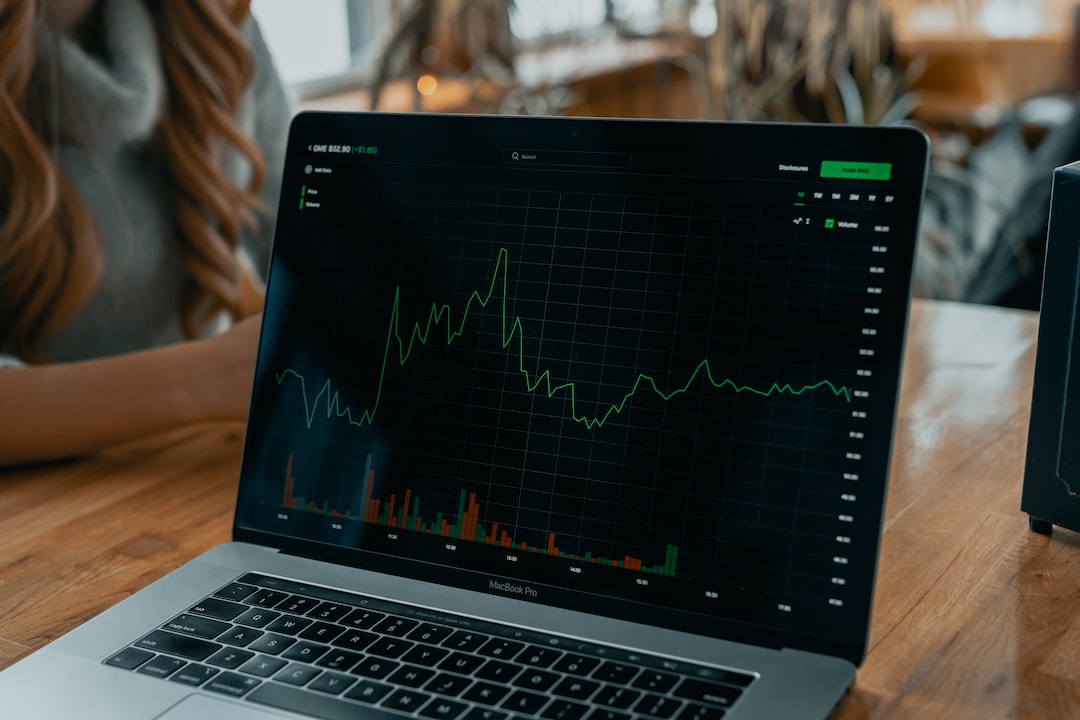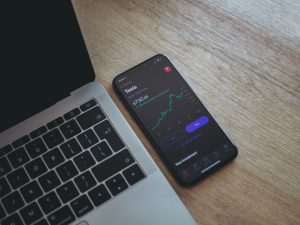Forex trading, short for foreign exchange trading, is the largest financial market in the world. It involves the buying and selling of currencies from around the world, with the goal of making a profit from the fluctuations in their exchange rates. However, as with any investment, there are risks involved, and losses can occur. So, who collects the money in losses on forex trading?
First and foremost, it is important to understand that forex trading is not a zero-sum game. In other words, one trader’s loss does not necessarily mean another trader’s gain. The forex market is highly complex and involves a variety of participants, including individual traders, institutional investors, banks, and central banks.
Individual traders are often the most visible participants in the forex market, and they are the ones most likely to experience losses. When an individual trader loses money in forex trading, they do not necessarily owe that money to anyone else. Instead, the money is simply lost to the market. This is because individual traders typically trade with a forex broker, which acts as the counterparty to their trades.
Forex brokers are financial firms that provide traders with a platform to trade currencies. They make money by charging traders a spread, which is the difference between the bid and ask prices of a currency pair. For example, if the bid price of EUR/USD is 1.1000 and the ask price is 1.1005, the spread is 0.0005 (or 5 pips). This means that the trader must pay the broker 0.0005 for every euro they buy or sell.
When a trader opens a position in the forex market, the broker takes the opposite position. This means that if the trader buys euros, the broker sells euros. If the trader sells euros, the broker buys euros. The broker makes money from the spread, regardless of whether the trader makes a profit or a loss.
If the trader loses money on a trade, the broker does not collect that money. Instead, the money is lost to the market. The broker’s role is simply to facilitate the trade and collect the spread.
Institutional investors, such as hedge funds and investment banks, are also significant participants in the forex market. These investors often trade large volumes of currencies and have a significant impact on exchange rates. When institutional investors experience losses in forex trading, they do not necessarily owe that money to anyone else. Instead, the losses are absorbed by the investors themselves or their clients.
Banks and central banks are also involved in the forex market, primarily for the purpose of managing their own currency reserves. When banks or central banks experience losses in forex trading, they do not necessarily owe that money to anyone else. Instead, the losses are absorbed by the banks or central banks themselves.
In some cases, losses in forex trading can have a broader impact on the economy. For example, if a central bank loses a significant amount of money in forex trading, it may need to raise interest rates or take other measures to stabilize the economy. Similarly, if a large institutional investor experiences losses in forex trading, it may need to sell off other investments to cover its losses.
In conclusion, the answer to the question of who collects the money in losses on forex trading is not a simple one. In most cases, losses are simply absorbed by the traders or investors themselves, rather than being owed to anyone else. Forex brokers collect money from the spread, but they do not collect losses. Banks and central banks may experience losses in forex trading, but these losses are absorbed by the institutions themselves. Ultimately, the forex market is a complex and dynamic system that involves a variety of participants, each of whom has their own role to play.






